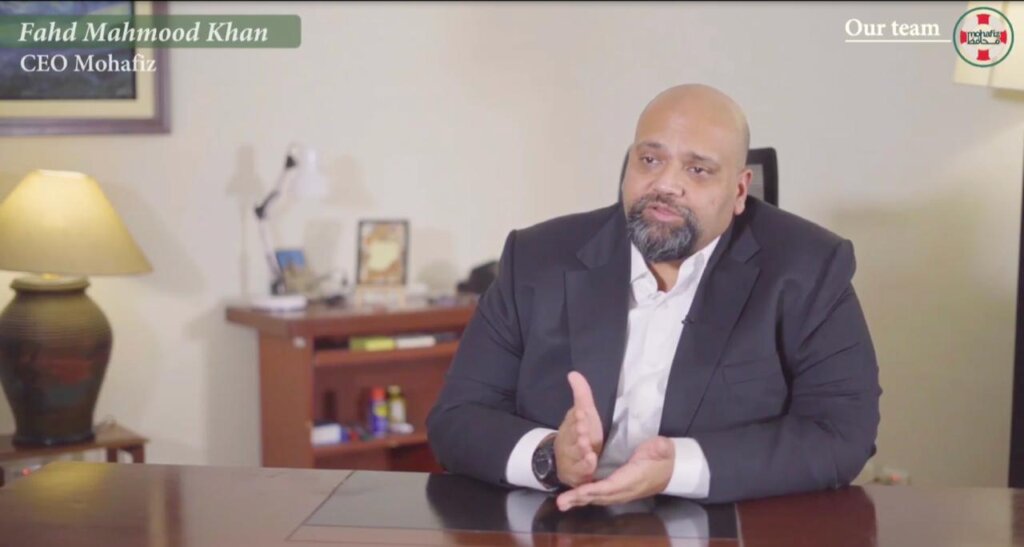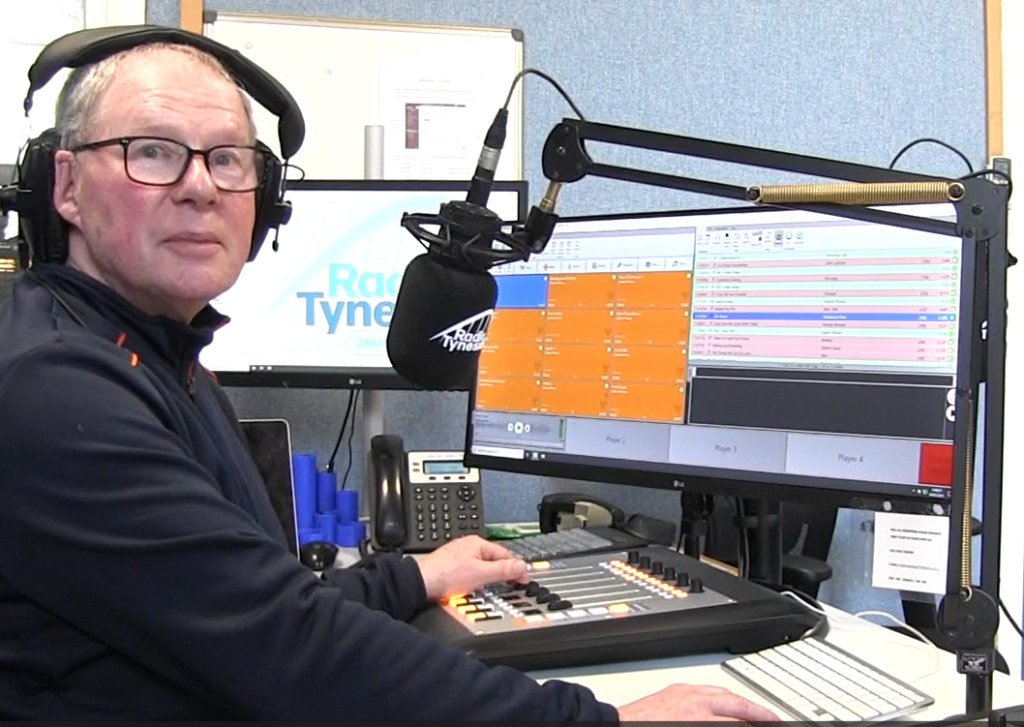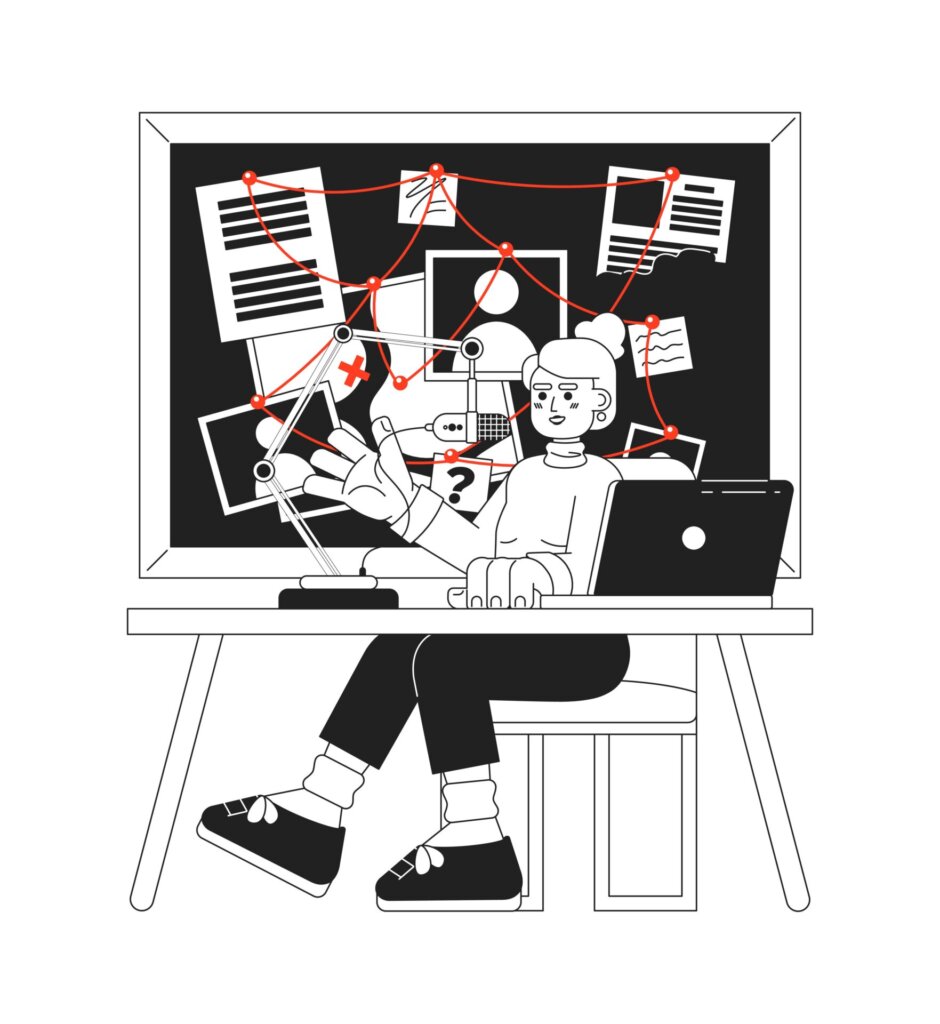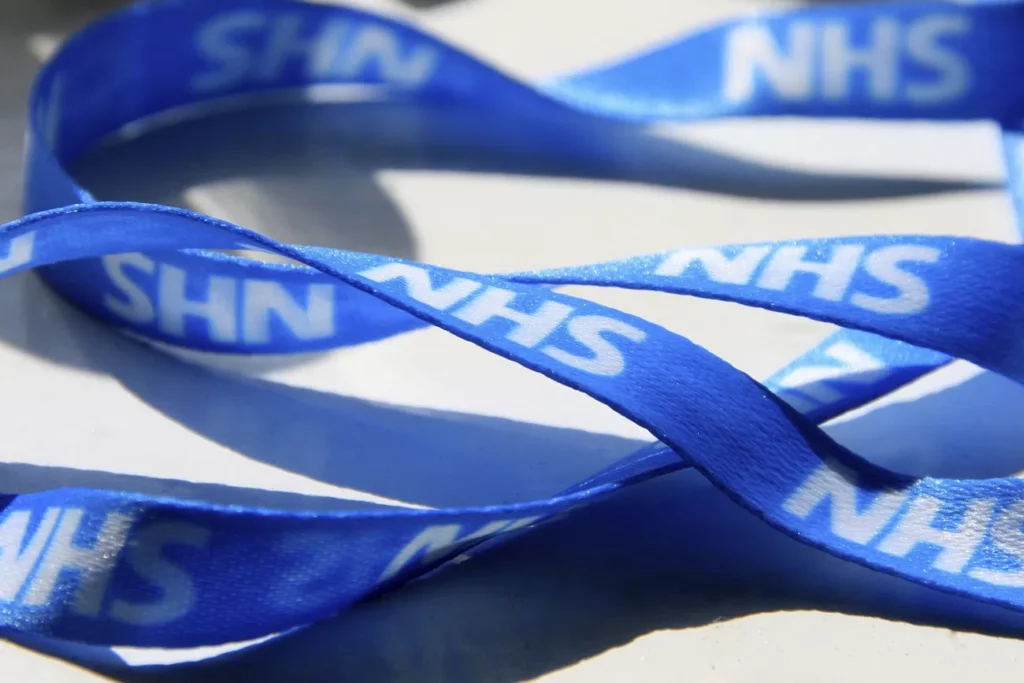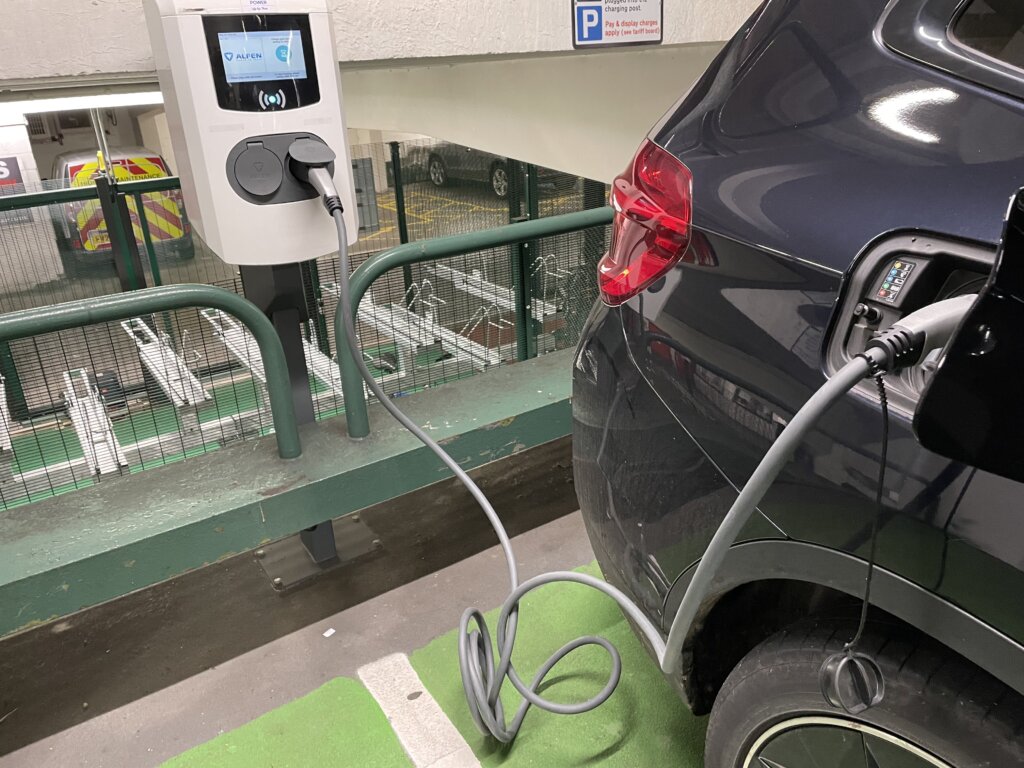Northeast bus strikes come to an end after a month of travel chaos
Written by Seohyun Kwun on 11th December 2023
After unions and bus employers struck an agreement, the bus strikes that had put Sunderland students through months of transportation hardship were called off at the start of December.

The Minibus which has been the main transportation of students during the strike
Credit: @sunderlandsu
Unite general secretary Sharon Graham, said: “Go North East workers should be congratulated on their victory for better pay. They stood together in unity until their employer returned to negotiations and made an improved offer. Make no mistake, Unite is here to fight for workers, I will do whatever is needed to help workers secure good pay deals, that commitment has been clearly demonstrated during this dispute.
“Unite the union keeps winning across the passenger transport sector and securing better pay for our members.”
Unite national lead officer Onay Kasab added: “I’m delighted our members have secured this substantial pay increase. Thanks to their tireless efforts on picket lines and at protests they have secured the pay increase they deserve.”
The bus strikes that started on October 28 had continued for almost a month, affecting the bus network towards the university. The 700/701 campus bus line was not operated during this period. Alternatively, the University provided free student Metro transportation across Sunderland and made use of the pink student double-decker bus to assist students going from the residence halls to the St. Peter’s campuses in the City. Even though there are a lot of alternatives that the university provides, the students of Sunderland have expressed difficulty.
Hema Varssini Segar, a master’s student studying data science, highlighted the transportation difficulties: “The bus strikes affected me since there were no buses at 6 pm although my classes are from around 3 to 6 pm.”
She added: “I didn’t mind the fact that I had to walk to the metro. However, I was quite mad by the fact that some buses didn’t come on time. And it said in the schedule there should be buses at 6 pm but it didn’t come at that time.”
Jayne Loo who is studying in the final year of Journalism said: “I am now staying in accommodation where the minibus is always picking and dropping students off. However, when I wanted to go to Newcastle, it did affect me since I used to take a lot of Go North East buses before the strike. It would take me double the time to go visit my boyfriend as well when the bus route was only 10 minutes but during the strike, I had to take the metro and walk 30 minutes to his place. “
Jayne added: “I also used to stay in the University Student Accommodation where the bus was right in front of the entrance. Students struggled to get the bus because none of the buses went to St Peters unless you took the metro. It was also hard to go places like Durham and Gateshead without the GNE buses and it heavily affected me when I plan my commute.”
An anonymous student currently studying cosmetic science said: “The bus strikes did affect me, but only during certain occasions. I didn’t use the bus often but it was inconvenient when most services were unavailable when I needed them.”
She added: “For example, some places might only be accessible via bus but if they’re on strike, I was unable to visit those places. I’d recently hurt my leg, so it was hard to walk long distances, so I felt the need to use public transportation more often these days. With most services being unavailable, I was forced to walk long distances with my leg hurting, which was very much uncomfortable.”
After consulting with Nexus and Durham County Council, Go North East provided a skeleton service on route X1 on Monday, November 27 from about 9:30 am to 2:30 pm. Due to the unavailability of other services on Old Durham Road, this had serviced all stops between Springwell Village, Wrekenton, QE Hospital, and Gateshead.
Earlier in the morning of December 1, David Carnell, the senior communications adviser of the Union had said: “Announcement later today on whether strikes will end or not – members being balloted over new pay deal.”
It was almost noon when the results were announced. 609 drivers (49.7%) rejected the offer, while 616 drivers (50.2%) accepted it, according to ballot data from the BBC. The agreement calls for an 11.2% rise from January to July, followed by an inflation-linked increase the following year, subject to a minimum of 4%.
Had this agreement not been reached, many workers and students would have been impacted by the strikes, which would have lasted until April. For the people who were kept stuck throughout the intense labour conflict, this outcome will be a big relief. Starting from December 2, regular operations on the Go North East routes resumed with all single and return tickets being free until December 8 to say ‘thank you’ to the patience of the bus users.
